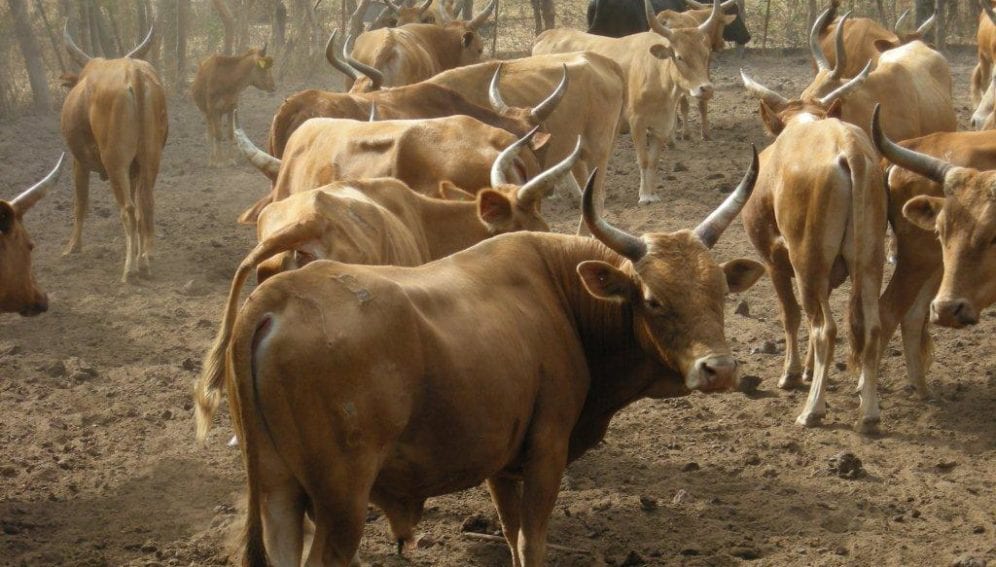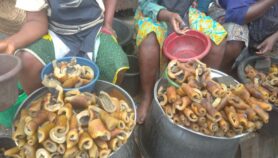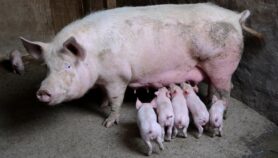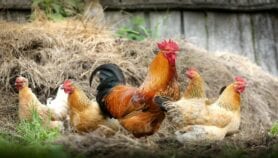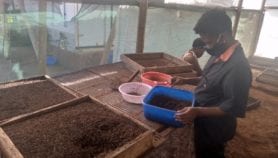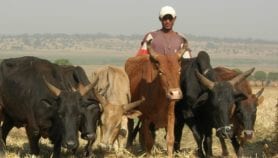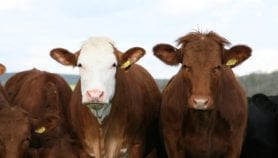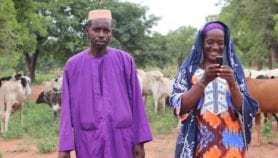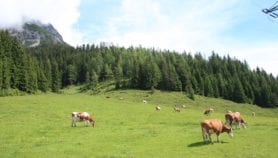By: Maina Waruru
Send to a friend
The details you provide on this page will not be used to send unsolicited email, and will not be sold to a 3rd party. See privacy policy.
[NAIROBI] Livestock research in Africa faces inadequate investment by governments and other institutions when compared to that of crops, a conference has heard.
Research in livestock involves a long process and takes a long time before the outcomes and impacts of funds and time invested can be realised, discouraging institutions from venturing into the field, according to experts who attended a conference in Nairobi, Kenya, this month (1 October) to mark the 40th anniversary of the International Livestock Research Institute.
Fina Opio, the executive director of the Association for Strengthening Agricultural Research in East and Central Africa, says that governments and many institutions are often not prepared to wait for the long time it takes to realise the results of investment in livestock research.
“Development partners also want to put their money into crops research where results are quicker to realise and impacts more visible.”
Fina Opio, The Association for Strengthening Agricultural Research in East and Central Africa.
“Development partners also want to put their money into crops research where results are quicker to realise and impacts more visible,” Opio notes. “The problem is made worse by the fact the private sector which has lately become a big driver of research funding is also not investing in this field.”
The experts indicated that key researchers priorities such as animal breeding, disease control and increased productivity have been relatively neglected despite livestock contributing to households’ incomes for millions on the continent. Ibrahim Idi-Issa, the deputy executive secretary, Permanent Interstate Committee for Drought Control in the Sahel, explains that the private sector is usually driven by a desire for immediate and huge profits, thus their reluctance to participate in livestock research.
Livestock contributes greatly to the gross domestic products of countries in Sub-Saharan Africa, especially the Sahel nations such as Chad, Mali, Mauritania and Somalia, according to the UN’s Food and Agriculture Organization.
Kipkirui arap Lang’at, the chairman of the Eastern and Southern Africa Dairy Association, says some investments have been made in the livestock sector, mainly in value addition. “The problem, however, is that such investments are not preceded by any studies to establish the specific needs of the sector,” Lang’at adds.
Research in the sector should focus on modern technologies to attract the youth in livestock keeping, says Joseph Kipkoech, senior advisor for vocational skills development at SNV Netherlands Development Organisation in Kenya, advising that the private sector — and not governments — should drive such research.
Wanjiru Kamau-Rutenberg, director of African Women in Agriculture Research and Development, agrees and adds: “The focus should be on women, who are the backbone of agriculture in Africa and take care of most of the smallholder animals kept”.
This article has been produced by SciDev.Net's Sub-Saharan desk.


